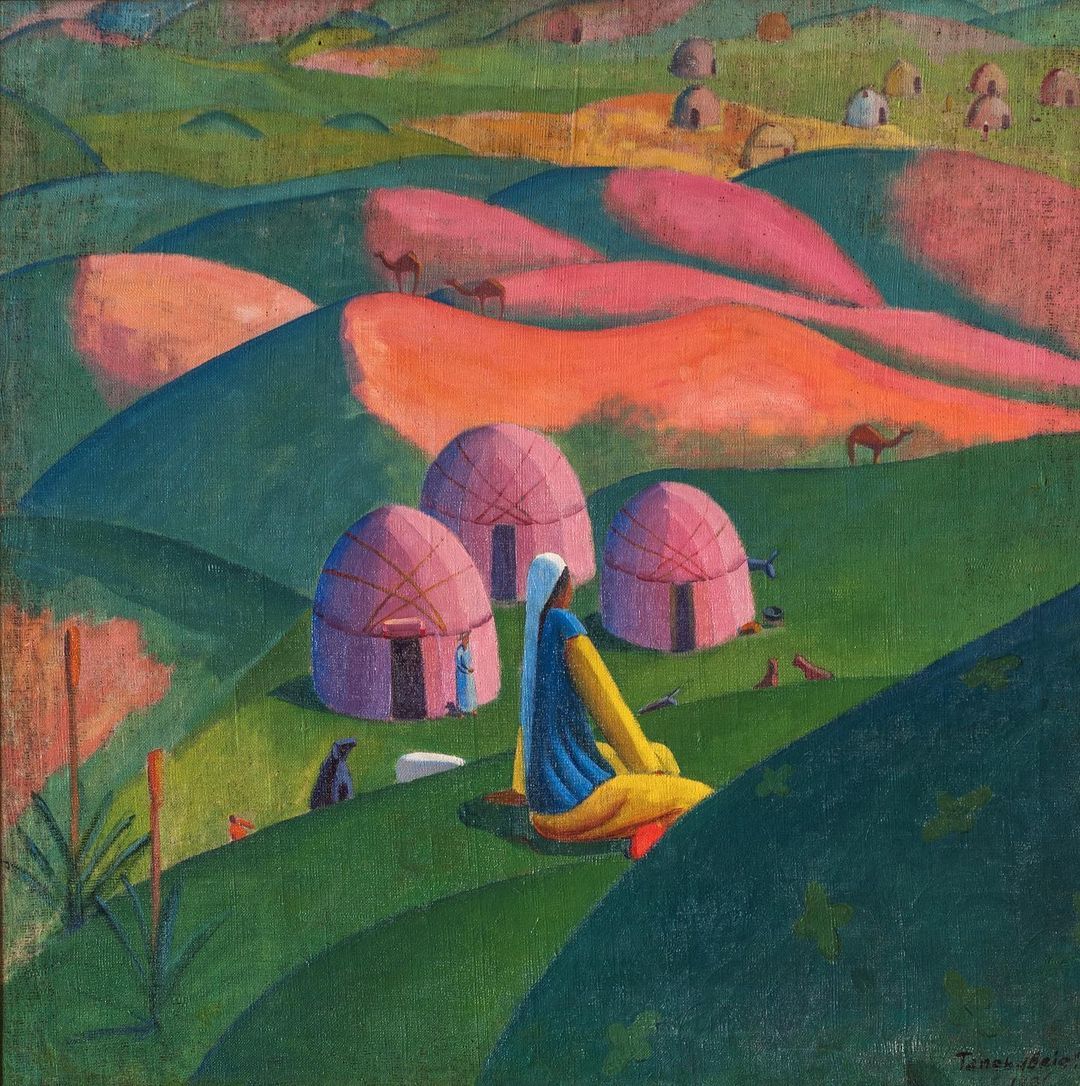Modern Nomadism

For thousands of years, all across the globe, many cultures were historically nomadic and raised animals for their livelihoods. Unlike the city dwellers or farmers, nomads did not call any ground their own, and they shared everything with their tribe. They had no use for a constant plot of land. Their herds demanded always migrating to new, freely available grassland, which they would use and then move on to better pastures.
If someone in the tribe needed something, they were given it freely. A need of an individual was a need of the tribe. If something was desired which the tribe did not have, they would take it from a competing tribe. There was no notion of a “right” to property. This made such tribes essentially communistic. Often there were no laws, no state or leaders, no currency, and no personal ownership. Everyone simply worked and took what they needed.
This changed with the spread of farming. Men everywhere began fencing in land, clearing it, and planting crops on it for their own use. They demanded others not take the crops they planted. Rather than use the land and move elsewhere while it recovered, they stayed there essentially their whole lives and put themselves in charge of maintaining it.
They still by-and-large shared freely with each other, but it was now by choice instead of tribal obligation. And if someone wanted something outside of their tribe’s possessions, it was seen as stealing personal property instead of fair competition.
This shift in mindset saw the spread of government. As people had land they wanted to defend and exclude other people from, they needed an army to do so. To fund and man the army, the government now needed tax. A nomadic people is nearly impossible to tax since they can simply avoid the collectors, have little to tax, and it’s difficult to even know who’s who. However, by e people moving into cities and on to farms, could now know who’s who, people had an abundance of personal property, and it was now easy to tax the stationary people. This was especially true now that the government had a monopoly on violence and the soldiers in its employ, as opposed to every man being used to combat as a way of life.
Naturally with the concept of private property, capitalism follows, as men then want naturally to trade their property for another’s and to invest in and develop their means of production to produce more and more. This was amplified by the increase production of farming, which led many city-dwellers to no longer even require to produce food on their own, instead trading other things for food.
Furthermore, wherever government went, it led to power being centralized in a nobility. As men and women were given power, they abused it to exploit the labor of their subjects. Yet absent the ability to centrally control their whole nation, feudalism developed to essentially delegate land ownership and military production to others in a rigid hierarchy. This can be seen to be a natural development of farming and the need for defense of property. Ownership of land eventually led to people being trapped on their land.
Eventually, Feudalism largely came to an end by labor shortages allowing workers to demand higher wages and more rights. As the common people attained power once again, they could demand a purer form of capitalism and more democracy. This also coincided with more people beginning to move from farms to cities. Instead of being tied to land given and protected by the government, people could now stake out their own fortunes through craft or trade. This lessened the government power and the importance of land, but people still demanded their personal property be protected.
Hundreds of years later, the core economic system has changed from this time. However, society itself is very different.
One trend of note is how little many now care about specific property. Where once a family would defend its ancestral lands for hundreds of years, it’s now the norm to sell and buy land and move vast distances to follow economic prospects. Aside from the stock market, few people own much of the means of production, and production is much more easily moved than in an agrarian society. In addition to a decrease in self-employment, there has been a decrease in employee loyalty as well. It is now normal to move around between companies to whomever will pay the most. Many people even style themselves as modern digital nomads, working entirely electronically, and moving around the world wherever they like while continuing to work remotely to sustain themselves.
With this societal evolution, we again see a people with little need for government. They typically have little in the way of personal property and especially in real estate which needs defending by an army. If they dislike something happening in one area, they can simply move to another. They can live by their own social creed, and have much less of a need for laws written and enforced by a state.
Although such modern nomads are admittedly less social than their historic predecessors, they are still reminiscent of them. With this societal shift, it could be imagined that the trappings of capitalism which followed farming may now start to be dismantled as the more free, anarchist system of communism may be preferred by these nomads as it was in the past.
